
This report tells me exactly how much audiobooks changed my reading habits. (I highly recommend you to try it). Goodreads also provides a breakdown by year:
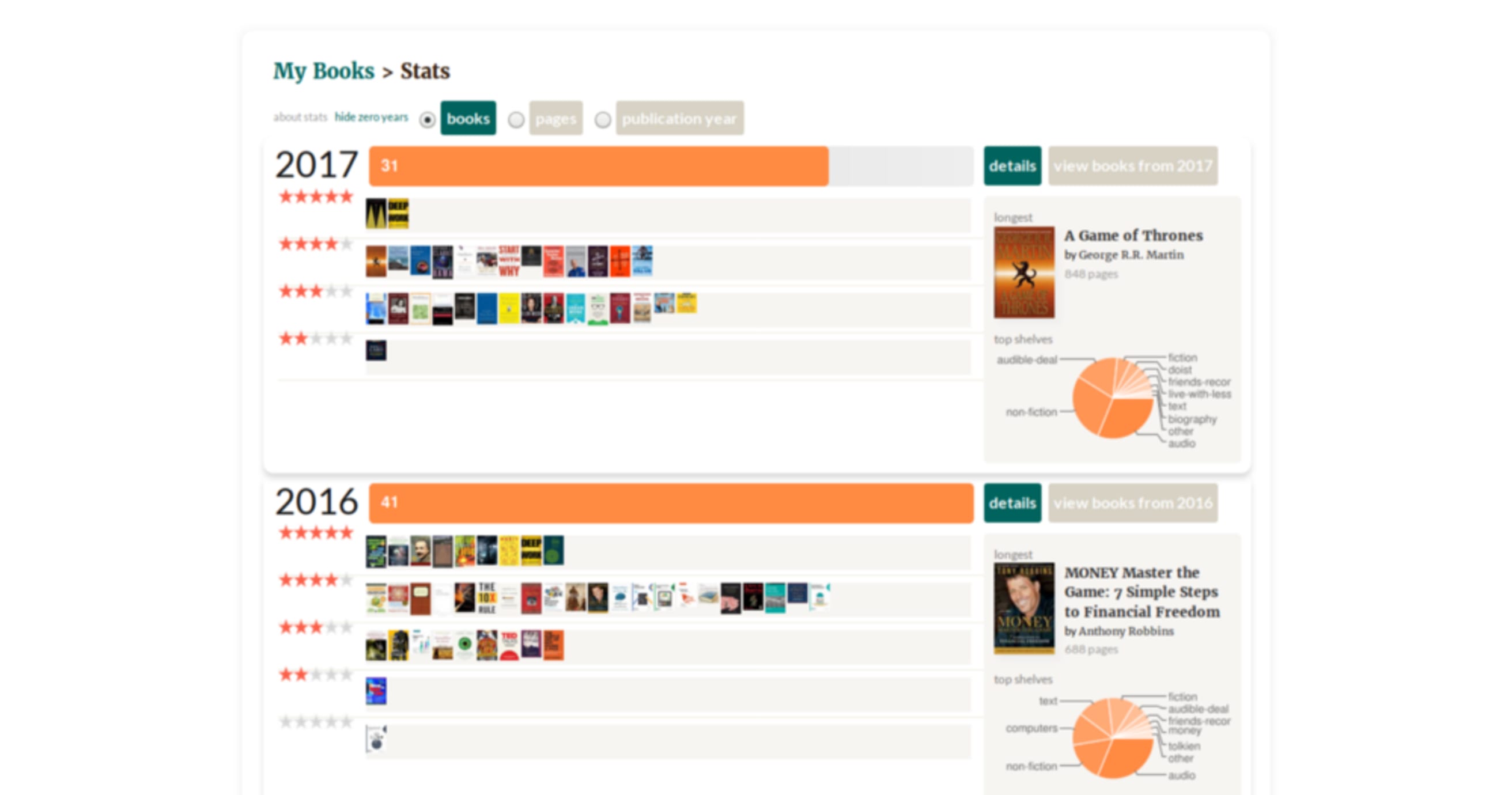
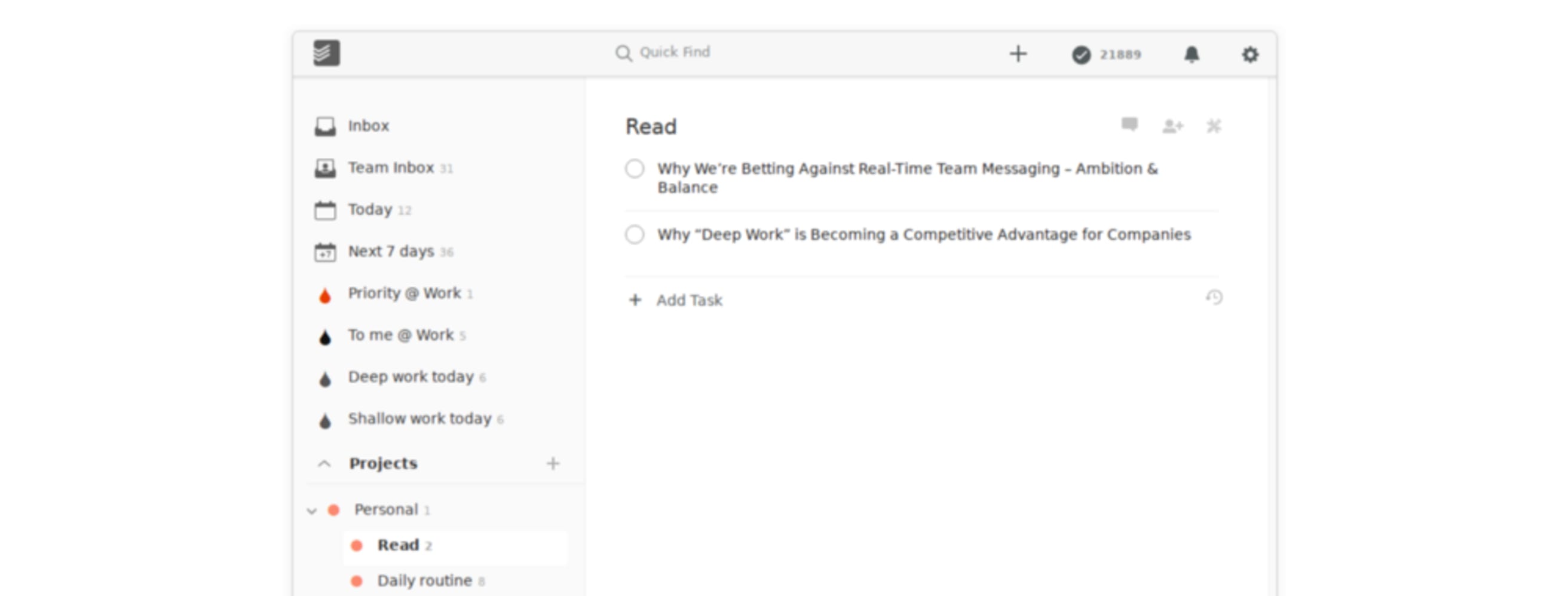
It was working ok, but I had three problems with my method:
- The data extracting process was too manual.
- I don’t consider reading an article as a task, and I like to use Todoist exclusively for tasks.
- Some sites have good content but awful design/reading experience.
A friend recommended I try Pocket. It integrates with many platforms and works like a “read it later” app, fixing problem number two.
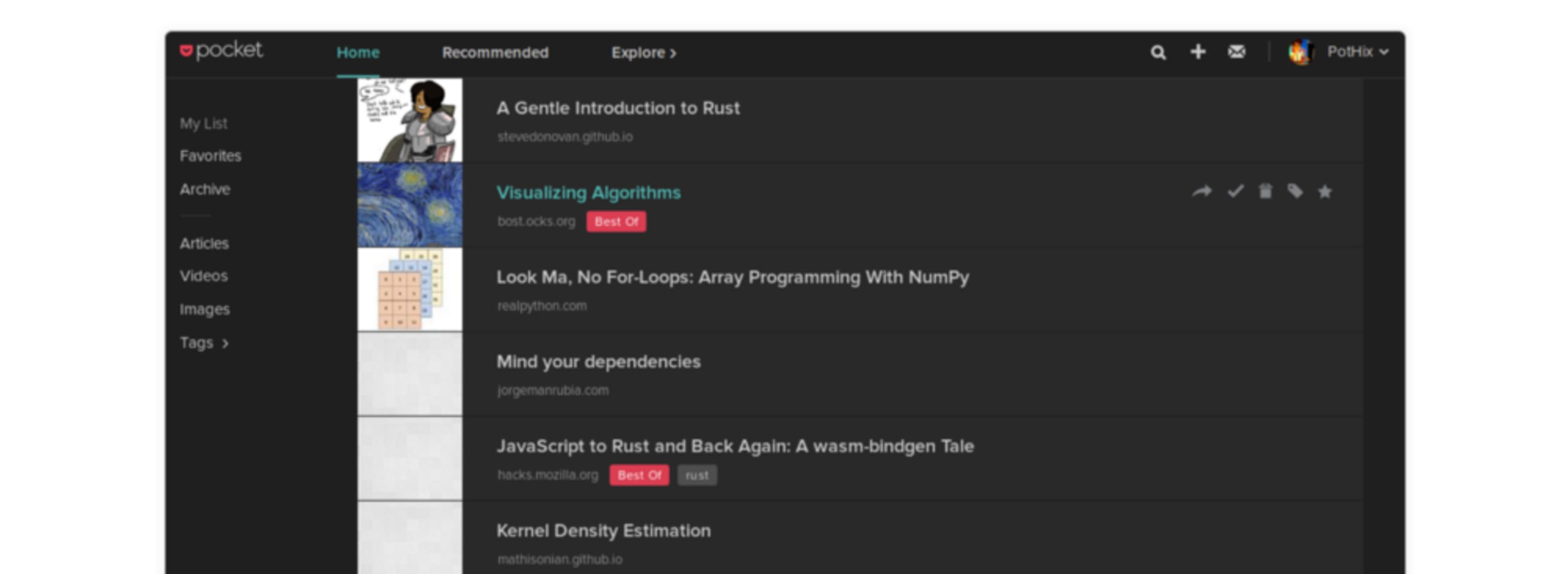


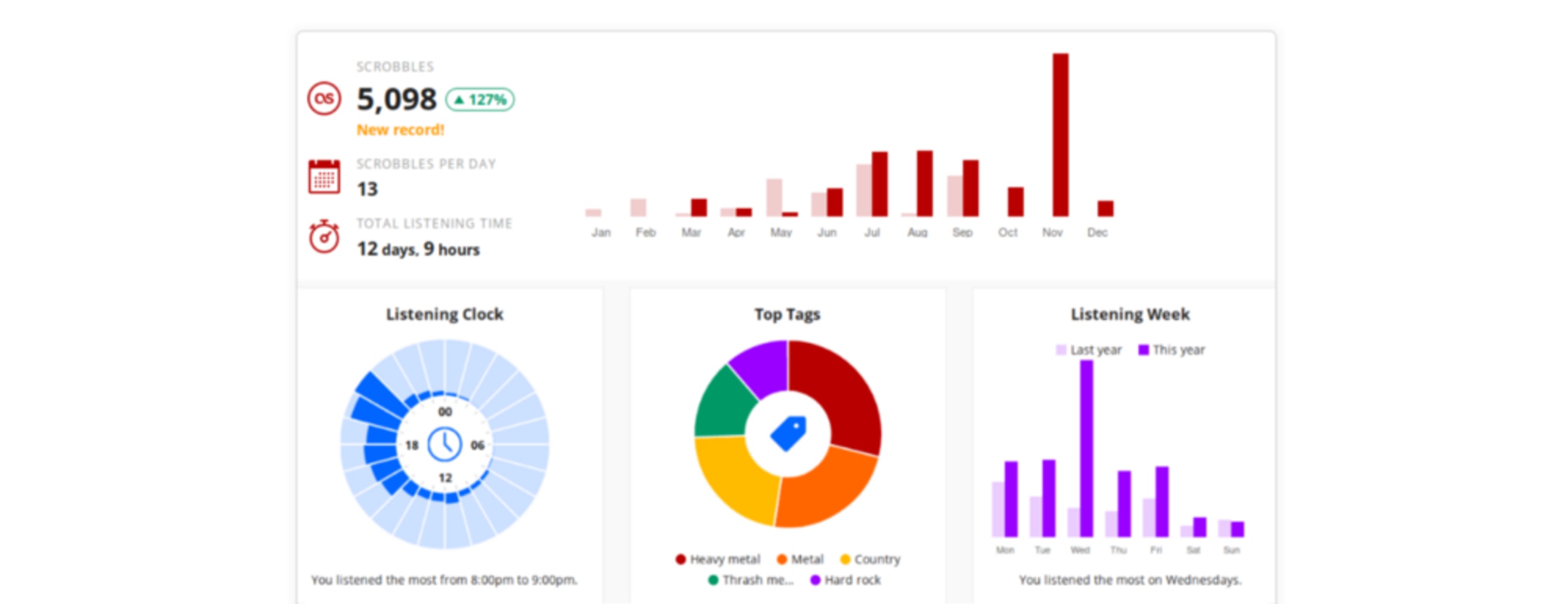

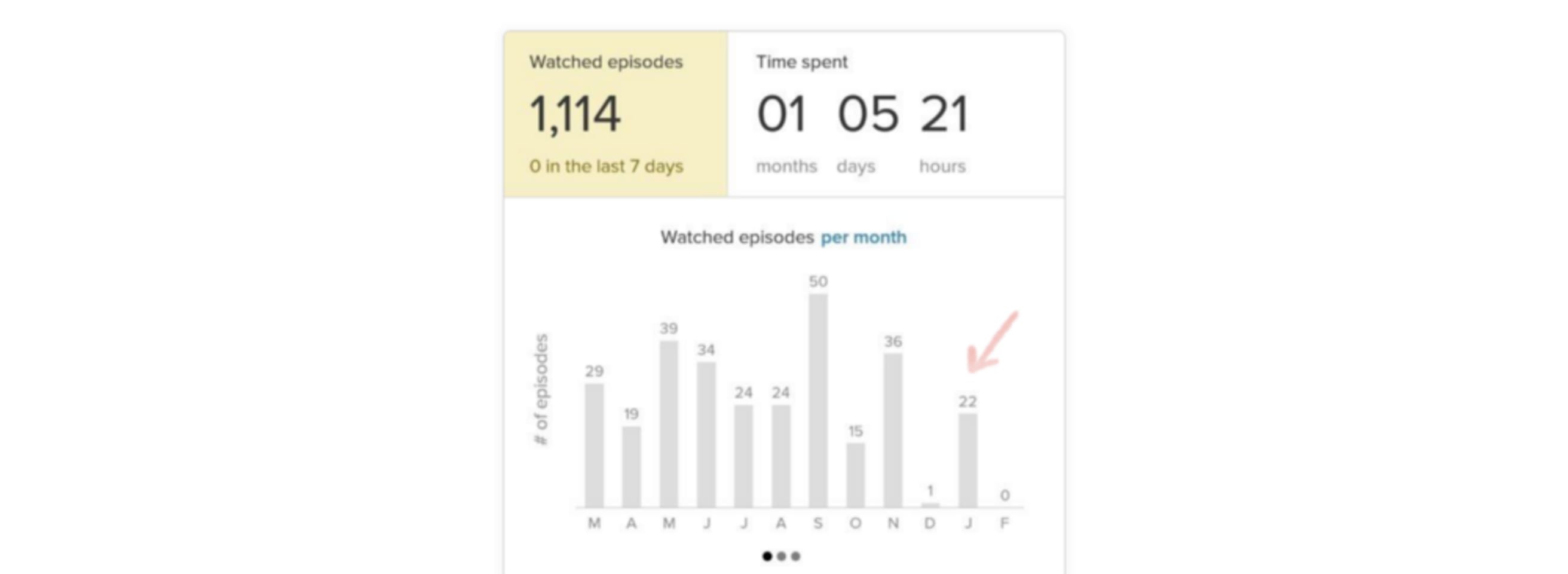
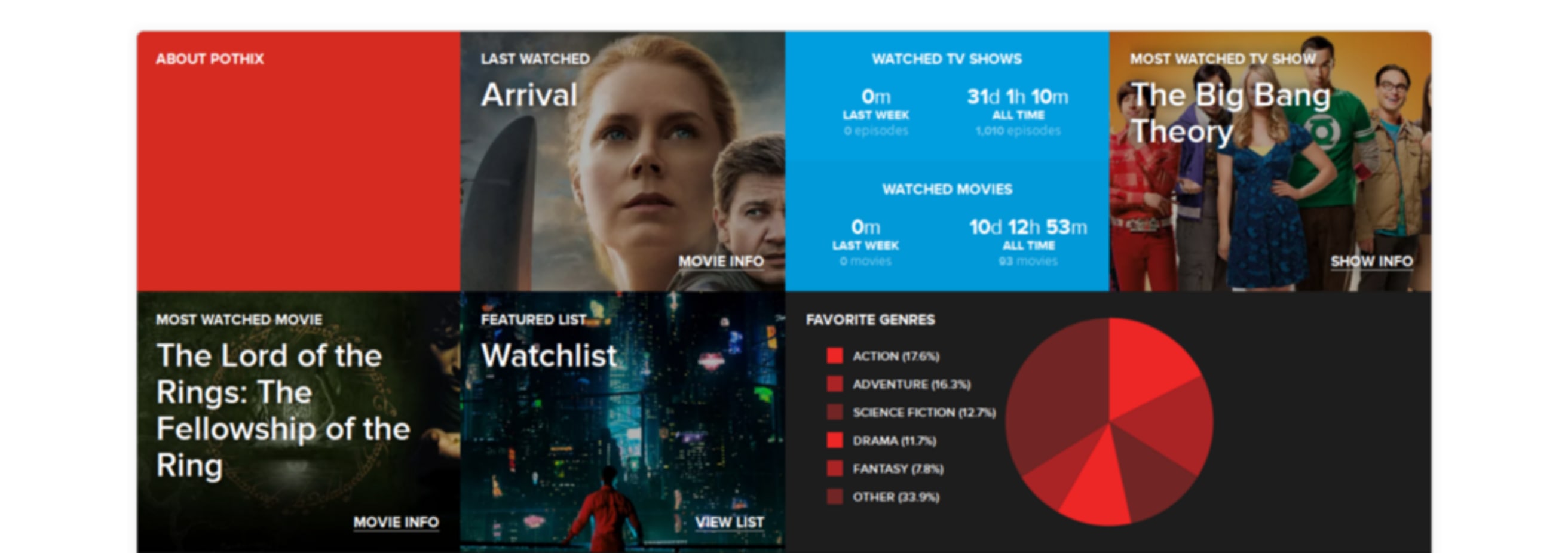
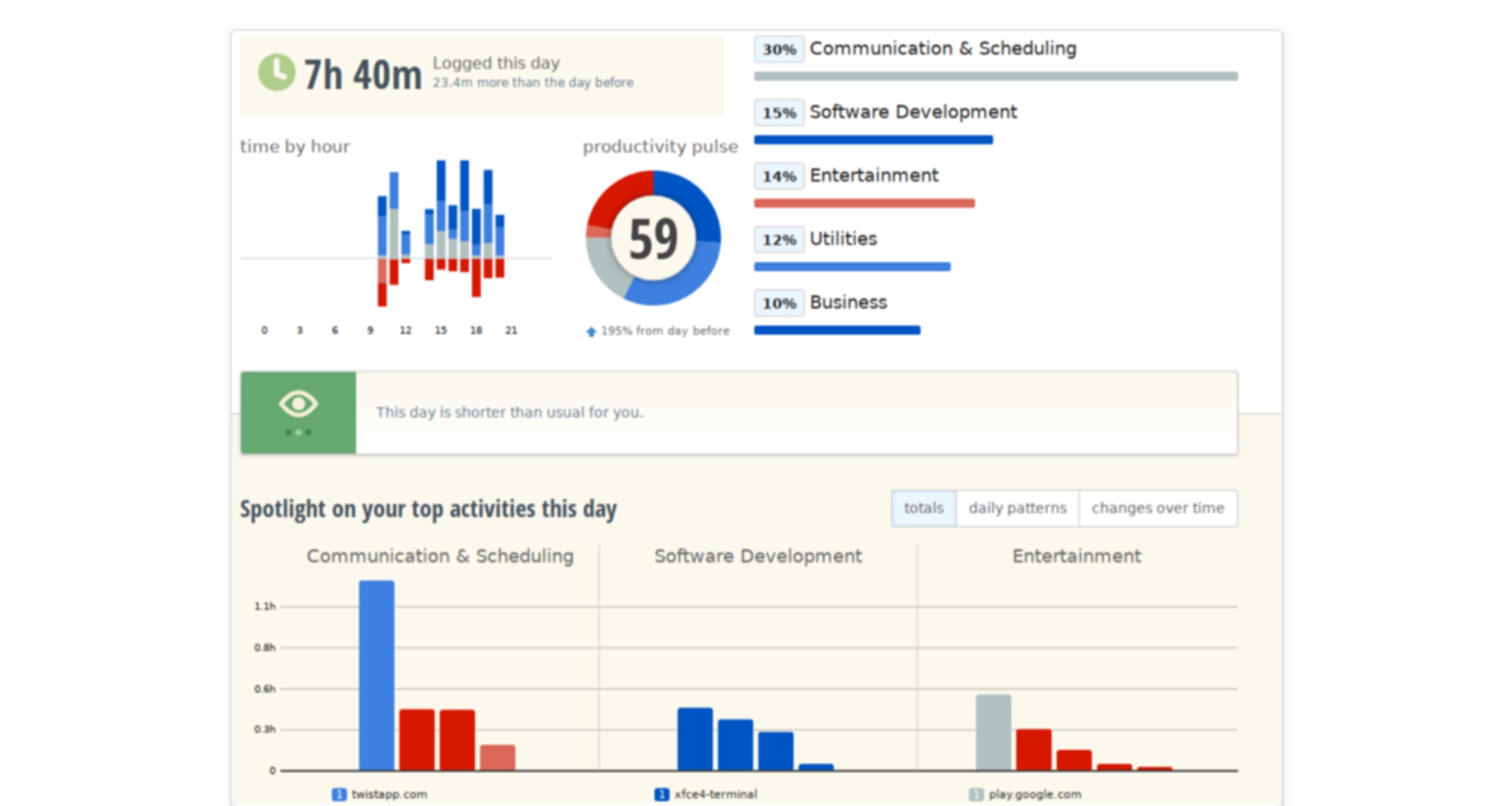
I often get valuable insights from these reports on better ways to spend my time. For example, I can take a look at each category of app and ask myself whether those activities warrant the amount of time I spent at the time of day I spent it. (I would recommend the book When to understand why the timing of your activities matters.) Over time, I can use this data to optimize my schedule for my energy levels, among other factors.
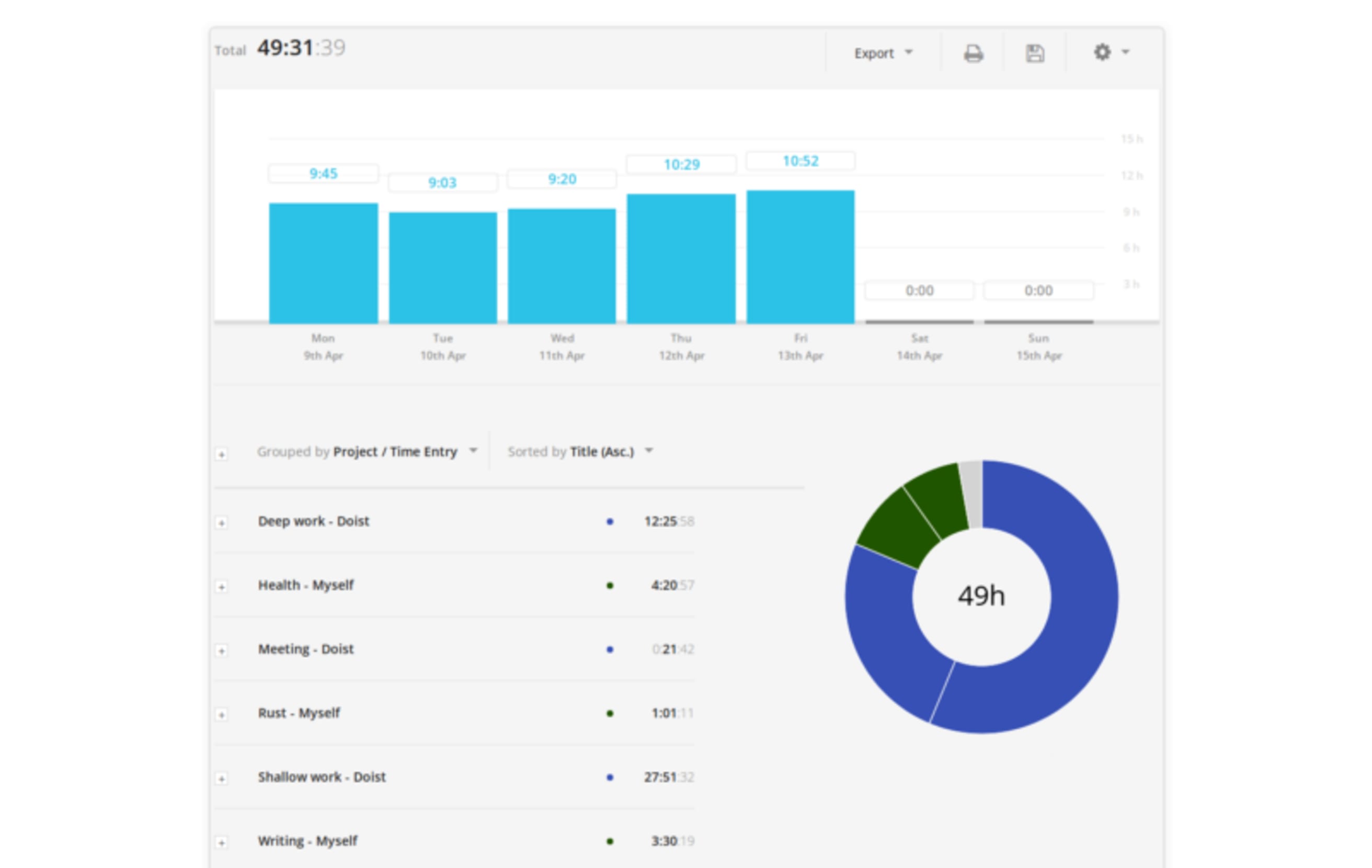
Remember: Manual tracking takes time and you don’t have to track everything. Track what is essential for you!
Where you went 📌
I’ve been tracking my location for some time now. I was a user of Google Latitude until it was retired and now I’m using Google Timeline. I usually don’t share much about my location on social networks or other places, but I like the benefits to track the places I visited.
Monthly, Google sends a newsletter with a summary of your location data:
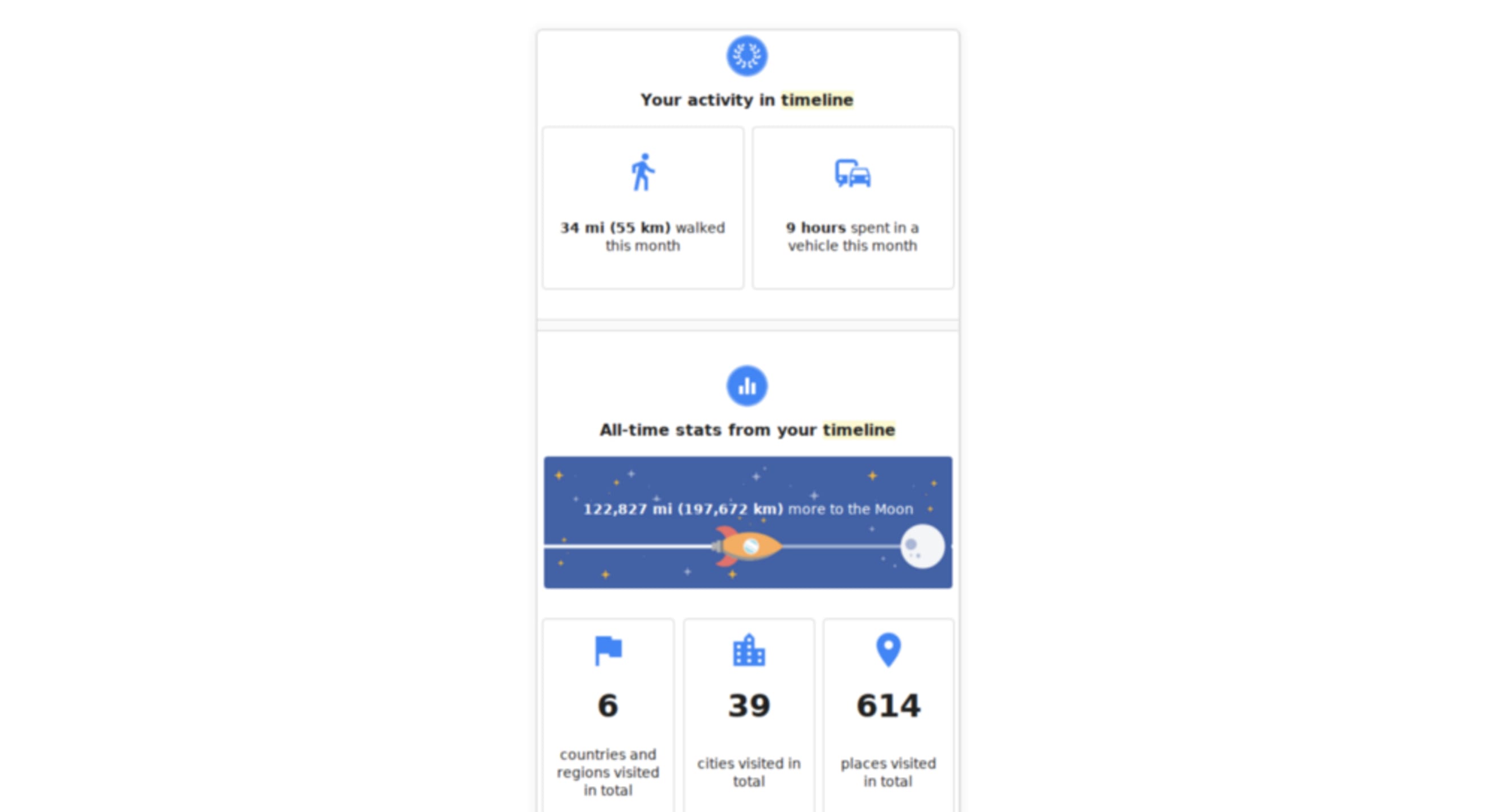



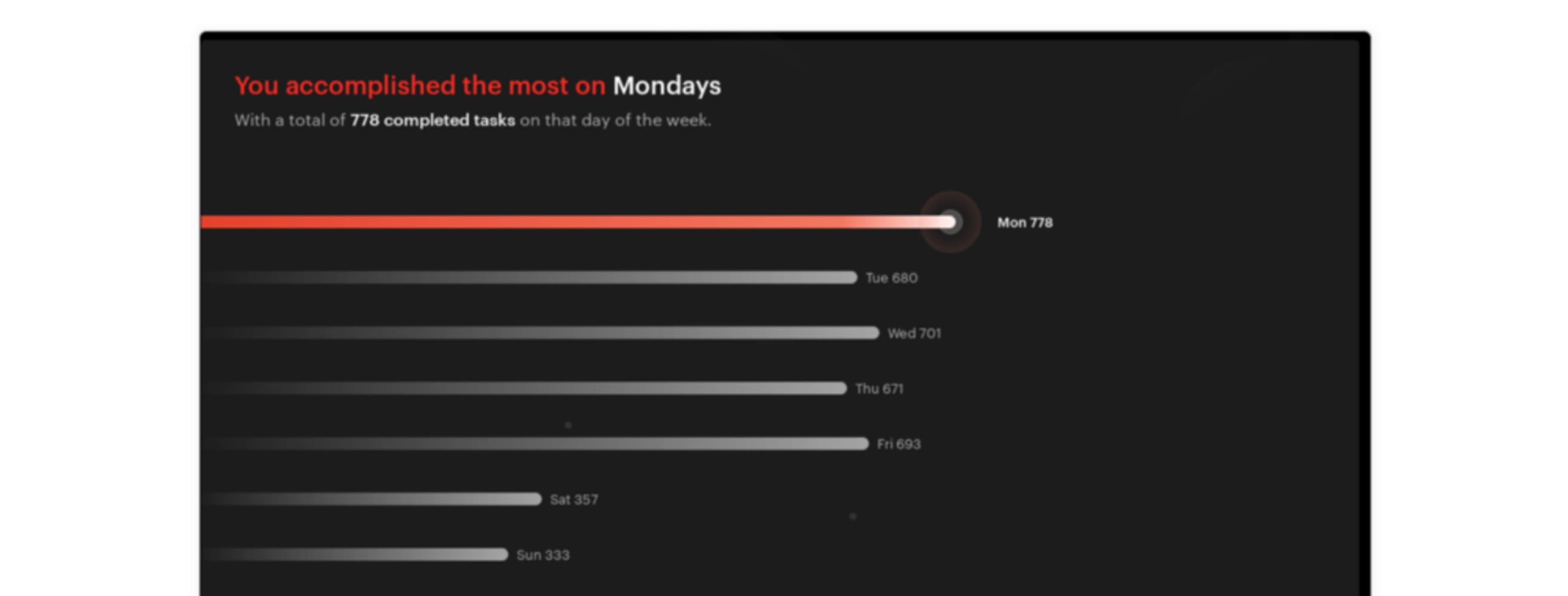


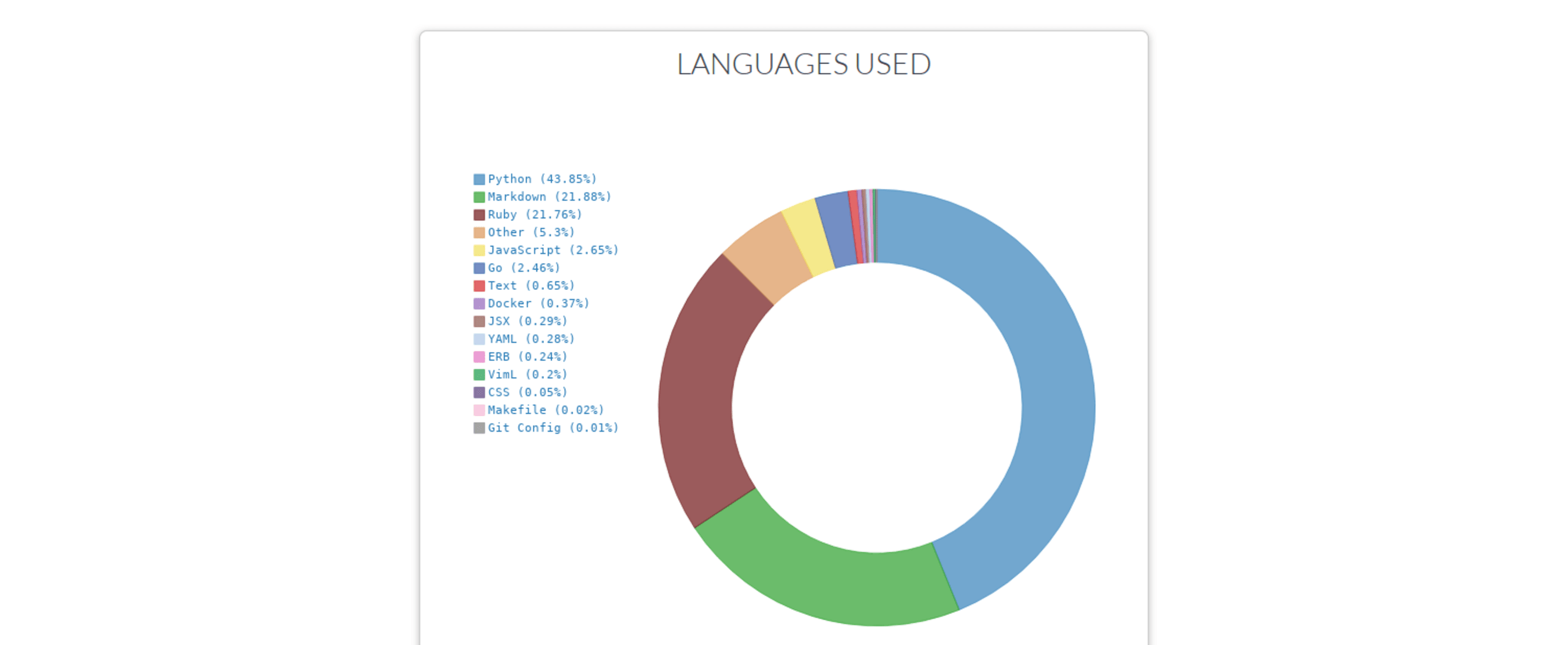
Body and health 💪
For this category there are a lot of trackers out there. Most of them are wearable devices you can pay some (sometimes a lot) of money for, and they’ll track various things as you go about your day. You can buy them, but you can also keep it simple and do part of this it for free or spend just the minimum.
Steps👣
Yes, I know steps are not a perfect metric of how healthy or active you are, but walking is a healthy thing to do. If you, like me, care about how much you’re walking every day, Google Fit may be a good app for you.
Google Fit tracks your steps, distance, and tries to guess the physical exercise you’re doing (not too successfully on that last item at the moment though). It’s quite simple; you just install it and keep your cell phone with you.
You can get monthly reports like the following on fit.google.com:

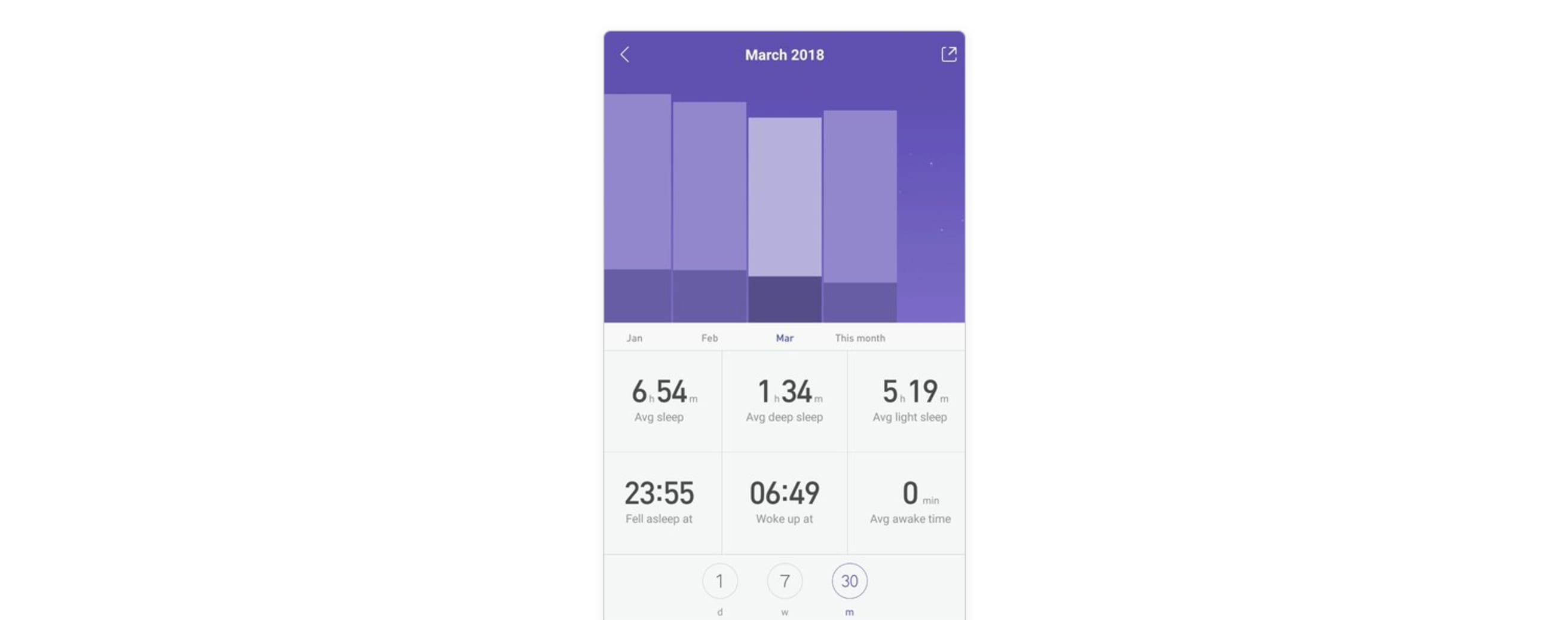



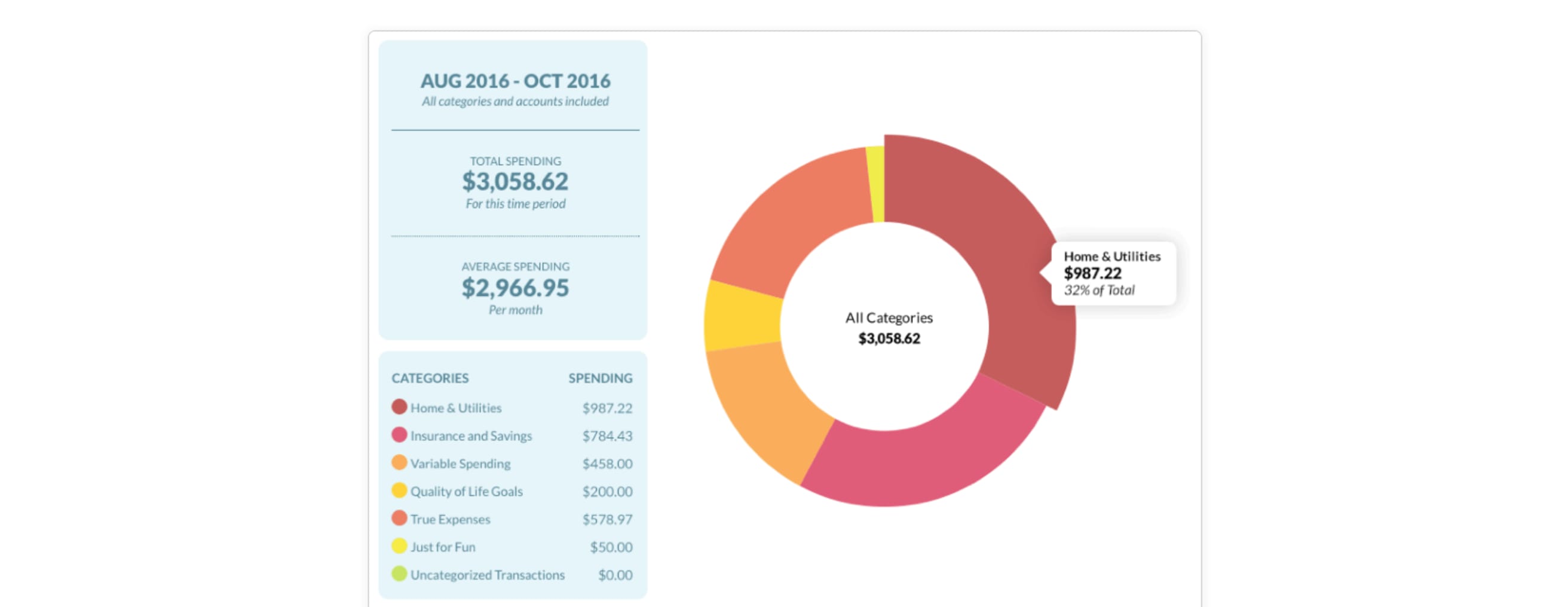
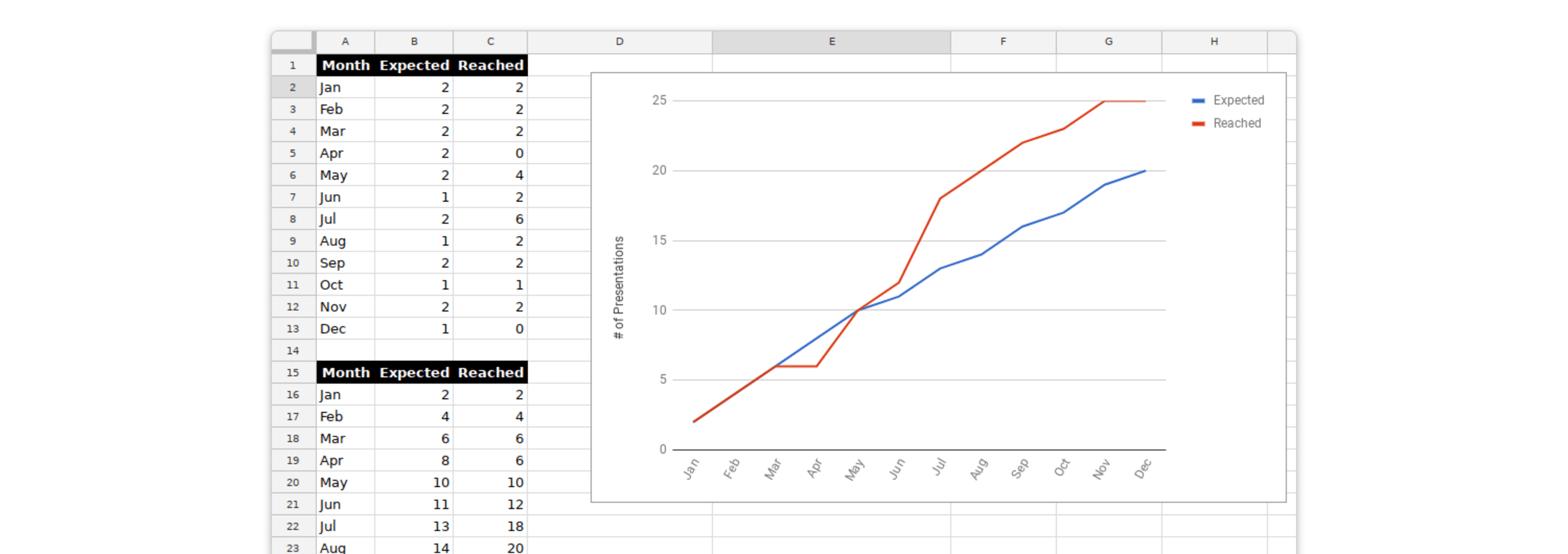
It was quite nice to understand where I was that month in relation to what I had planned. You can see that things changed when I saw that I was behind my schedule in April.
You could create a “goal vs actual” line graph like this for any metric — books read, articles published, miles run, revenue earned, etc. Here’s a great guide from Lucid Chart that will walk your through how to set it up.
If you keep your Google Sheet tracking to one or two main goals you want to focus on, the extra motivation of visualizing your progress (or lack thereof) can be worth the manual effort. (It may be helpful to add a weekly or monthly recurring task to Todoist to remind you to keep it up.)
If you don’t want to provide data to third parties, spreadsheet software is actually an excellent tool for tracking any of the things I’ve covered so far in this guide. You can use Google Spreadsheets, Excel or OpenOffice Calc to build your own simple system with charts, etc. Keep in mind that it will take some time and effort to create and maintain this kind of DIY tracking system, but it’s an option for those who don’t feel comfortable installing apps to track their activities.
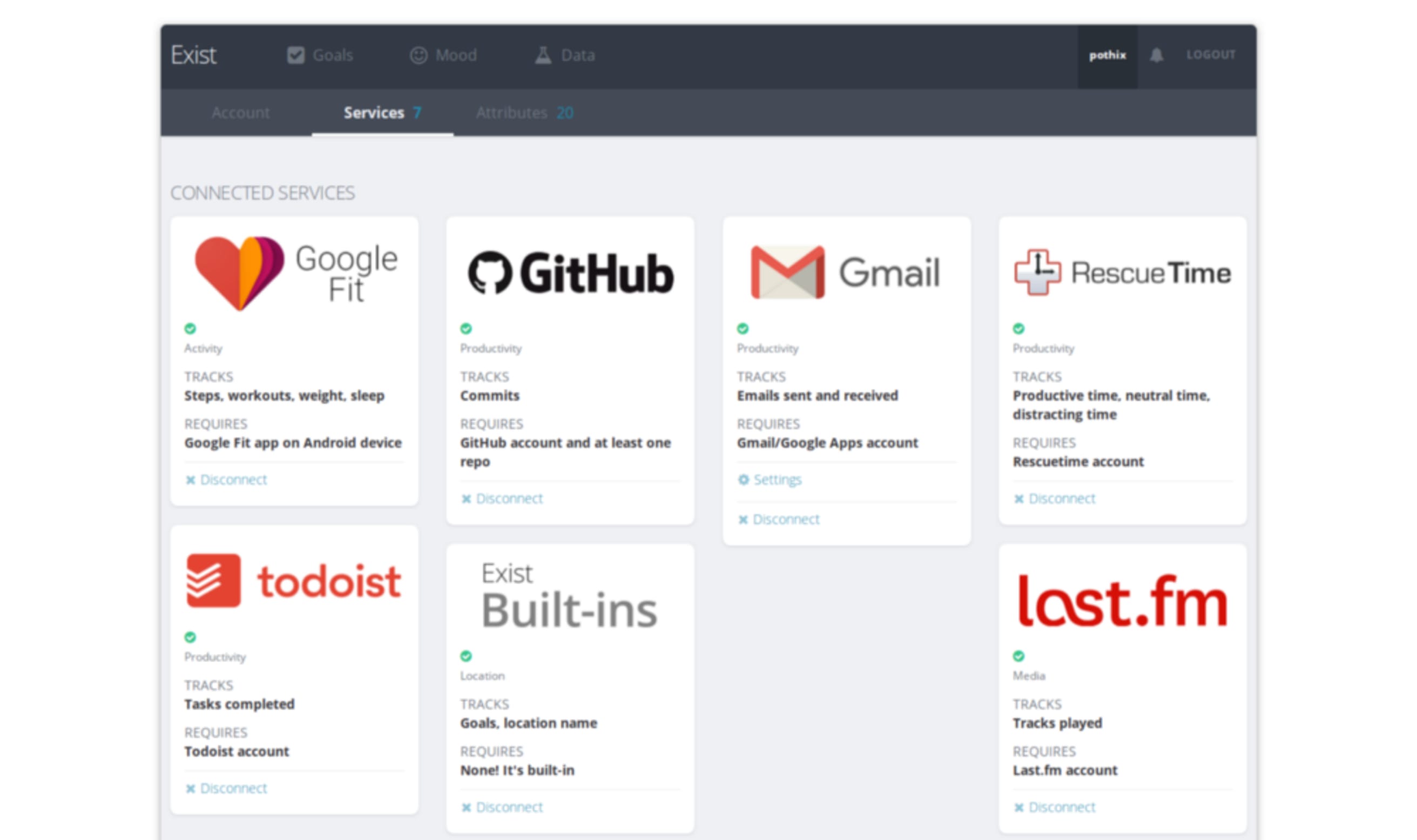
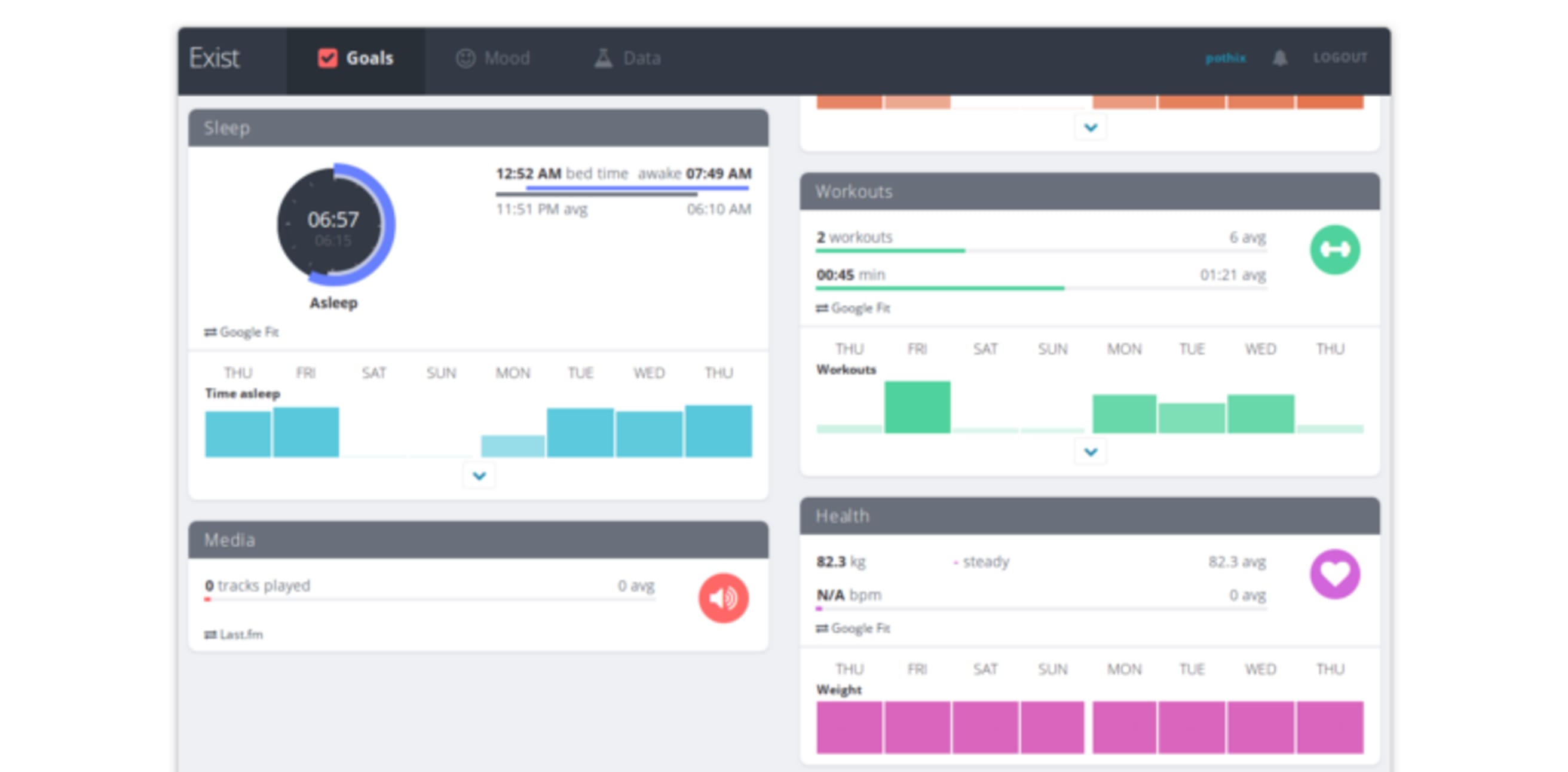
In addition to centralizing your data, the app lets you add custom tags to your days and spits out interesting insights automatically — like correlations between productivity and exercise or even weight and locations you’ve visited. It also sets personalized goals based on your current averages and even has built-in mood tracking which isn’t an area I’ve covered in this guide.


